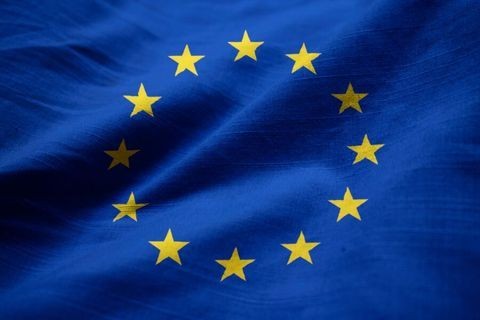Patent Law Alert: Pre-Suit Licenses Cannot Block Challenges to Patent Validity
Client Alert | 2 min read | 07.18.12
A contractual covenant that bars a future challenge to the validity of a patent is unenforceable if it is made before the parties have engaged in litigation involving a validity challenge. Once the issue of patent validity is litigated, however, the public's interest in discovering invalid patents is more or less satisfied, and a "no-challenge" clause in a settlement agreement can be enforced. So said the Second Circuit in the case of Rates Technology Inc. v. Speakeasy Inc., Case No. 11-4462 (2d Cir., July 10, 2012).
The Rates Technology decision brings some clarity to the problem of when a "no-challenge" clause can be enforced. More than forty years ago, the Supreme Court ruled in Lear, Inc. v. Adkins, 395 U.S. 653 (1969) that the enforcement of contracts was outweighed by the public's interest in discovering invalid patents. On that basis, the Supreme Court abandoned the doctrine of licensee estoppel, which had forbidden a licensee from repudiating his promises simply because he later became dissatisfied with the bargain he had made. In the context of patent licenses, the Lear Court held that clauses prohibiting challenges of validity were void.
Nevertheless, following the Lear decision, a series of circuit court decisions found ways of upholding no-challenge clauses. When Rates Technology appealed a district court's ruling that the no-challenge clause it had negotiated with Speakeasy was invalid, Rates Technology cited the series of post-Lear cases, arguing that the strong public interest in settling ongoing litigation can justify the enforcement of no-challenge clauses that might otherwise be deemed invalid under Lear. But the Second Circuit was not persuaded. Each of the post-Lear cases had dealt with no-challenge clauses that had been negotiated after the parties had engaged in litigation over the validity of the asserted patents. In the present situation, on the other hand, Rates Technology had licensed its patents to Speakeasy before any litigation had begun. This timing of events, according to the Second Circuit, was dispositive.
Quoting the Federal Circuit, the court said that "[o]nce an accused infringer has challenged patent validity, has had an opportunity to conduct discovery on validity issues, and has elected to voluntarily dismiss the litigation with prejudice under a settlement agreement containing a clear and unambiguous undertaking not to challenge validity and/or enforceability of the patent in suit, the accused infringer [can be] contractually estopped from raising any such challenge in any subsequent proceeding." But when parties are negotiating in a pre-litigation context, they "will not have had an opportunity to conduct discovery that may shed light on the patent's validity." If no-challenge clauses are enforced in these situations, it would "too easily enable patent owners to ‘muzzle' licensees," who are "the only individuals with enough economic incentive to challenge the patent's validity."
Contacts
Insights
Client Alert | 14 min read | 12.22.25
European Commission Proposes Biotech Act to Boost Health Biotechnology in the EU
On December 16, 2025, the European Commission published its proposal for a regulation establishing a European Biotech Act to strengthen the EU's biotechnology and biomanufacturing sectors with a primary focus on health.
Client Alert | 11 min read | 12.22.25
European Commission Proposes Simplifying the Rules on EU Medical and In-Vitro Diagnostic Devices
Client Alert | 3 min read | 12.22.25
Second Circuit Expands District Court Review of Magistrate Judge Report and Recommendations
Client Alert | 2 min read | 12.19.25



